Negev, 27 Rabi’ul Awwal 1436/18 January 2015 (MINA) – A general strike paralyzed the city of Rahat and all major Bedouin villages in the Negev Desert of southern Israel on Sunday (18/1) in protest against the killing of a young Arab man by an Israeli police officer earlier in the week.
Sami al-Jaar, a young man in his 20s from Rahat, was shot dead by Israeli police while standing on the patio of his home as clashes between police and local youths in the neighborhood. Ma’an News Agency quoted by Mi’raj Islamic News Agency (MINA) as reporting.
Al-Jaar is the second Palestinian citizen of Israel to be killed by police in recent months, and the case has sparked rage in the many majority-Bedouin villages of southern Israel where severe discrimination by authorities is already the norm.
A Ma’an reporter in Beersheba said that shops and market places remained closed Sunday and hundreds of schoolchildren did not attend classes as part of the strike.
Also Read: Singapore Sanctions Four Israelis Over Violence Against Palestinians in West Bank
Local councils and other public offices remained closed as well.
The Israeli ministry of education reportedly attempted to break the strike by forcing teachers and school employees to go to work, threatening to punish them if they refused.
However, activists in the parents’ committees forced the teachers in some schools to return home and honor the strike.
The victim will be laid to rest later on Sunday.
Also Read: Israel Issues 40 Demolition and Stop-Work Orders in Jerusalem
The chief of the Islamic movement in northern Israel, Sheikh Raed Salah, will reportedly attend the funeral.
There are about 260,000 Bedouin in Israel, mostly living in and around the Negev in the arid south.
About 90,000 people of them live in 35 villages unrecognized by authorities.
Authorities deny them access to basic services and infrastructure, such as electricity and running water, and refuse to place them under municipal jurisdiction, keeping them stuck in areas previously declared “state land” despite their residence there.
Also Read: Israeli Occupation Army Kill Five Palestinians Emerging From Tunnel in Rafah
Many Bedouins were forcibly settled by the State of Israel in the area after 1948, particularly after attempts to drive them permanently across the border into neighboring countries failed.
Although the majority of Palestinians were expelled from their homes inside Israel during the 1948 conflict that led to the creation of the State of Israel, some Palestinians managed to remain in their villages and their descendants today make up around 20 percent of Israel’s population. (T/P006/R03)
Mi’raj Islamic News Agency (MINA)
Also Read: Israeli Occupation Army Expands ‘Yellow Zone’ in Gaza, Trapping Families





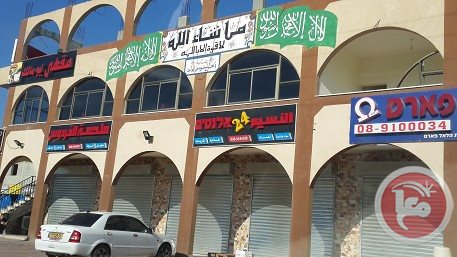



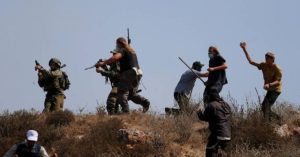

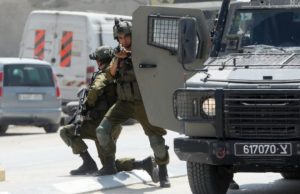
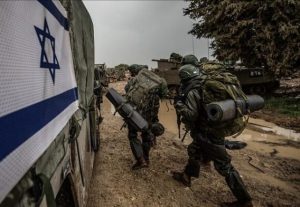



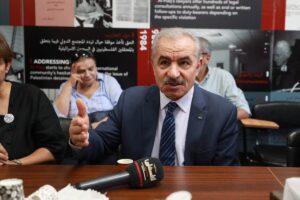
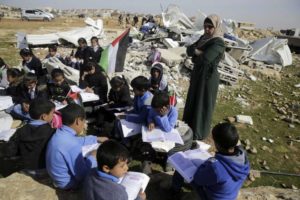
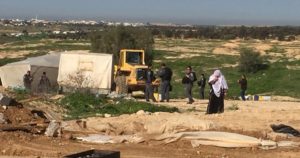
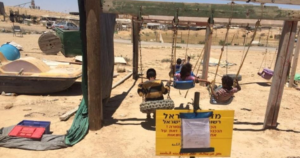
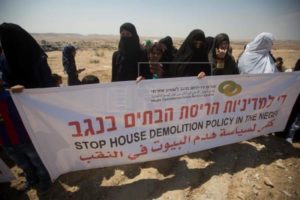












 Mina Indonesia
Mina Indonesia Mina Arabic
Mina Arabic